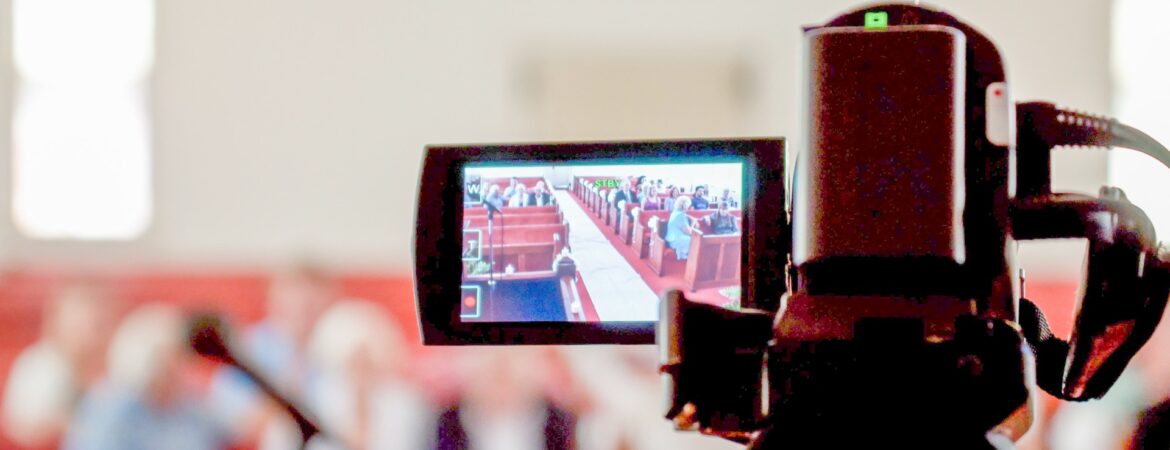
The technology to support the delivery of pre-recorded evidence has been rolled out to all courts in England and Wales.
Its aim is to reduce the level of trauma victims and witnesses feel so they feel comfortable to give the best possible evidence when they are called upon away from the stress of a live trial setting.
The Ministry of Justice announced that the national rollout would be completed on Monday 26th September with the implementation of the technology in the 20 Crown Courts across Buckinghamshire, Cambridgeshire, East Anglia, Essex, London and the south-east that weren’t included during the first phase in August 2020.
The government’s aim was always to give every court in England and Wales the ability to offer witnesses the option of giving pre-recorded evidence. However, the initial success of the initiative – 3,000 witnesses have already used the technology – has more than validated their plan.
The Lord Chancellor and Justice Secretary Brandon Lewis welcomed the completion of the rollout:
“We’re overhauling the entire response to rape, boosting support for victims so that more cases come to court and more rapists are put behind bar. Today we have delivered on our pledge to roll out pre-recorded evidence to every crown court in England and Wales, sparing victims of this awful crime the additional trauma of testifying under the full glare of a courtroom.”
How does pre-recorded evidence work?
The technology allows witnesses in traumatic cases such as rape and modern slavery to record their evidence as close to the time of the offence as possible.
This both helps make sure their memories are fresh and, therefore, their evidence is more reliable and allows them to relive these memories away from the all too often stressful environment of a court. Their evidence and any cross-examination can then be played during trial.
It is felt that by giving the witness a more comfortable way of giving their evidence will support or even improve a defendant’s right to a fair trial.
It is important to note that the decision to pre-record evidence will be made by a judge on a case-by-case basis and is subject to a successful application to the court.
Moving forward the plan is to pilot the technology in all types of offences at Leeds Youth Court with vulnerable adult witnesses and child witnesses. The pilot will provide data that will be used to make a decision as to whether pre-recorded evidence could be used more widely in trials involving minors.
If you would like to discuss a criminal case with one of our hugely experienced criminal barristers, please contact us today.
Leave A Comment